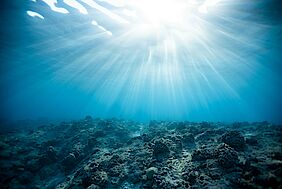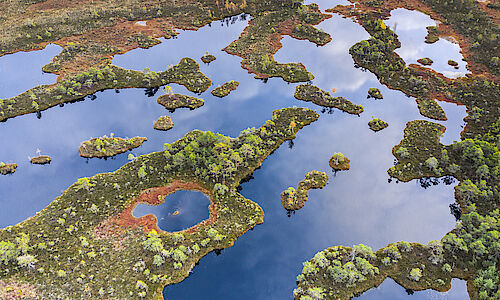News & Academies' activities
Debate on the Science of Deep-Sea Mining at International Seabed Authority Meeting in Jamaica
In the presence of 25 country delegations, EASAC Environment Director, Professor Michael Norton, was invited to present the status of science on the matter. “The science on deep-sea mining has exploded in the last few years and all of it argues that we should get our own terrestrial house in order through better recycling and mining rules rather than just move onto the next environmental frontier to destroy,” he underlined.
Potential financial and legal risks
Bobbi-Jo Dobush from The Ocean Foundation underlined: “When it comes to deep sea mining, investors should undertake robust due diligence. Deep-sea mining is an unproven industrial endeavor fraught with technical, financial, and regulatory uncertainty. More so, the industry faces strong Indigenous opposition and human rights concerns. All of these factors add up to substantial potential financial and legal risks for both public and private investors as well as states considering sponsoring seabed mining”.
On behalf of the Environmental Justice Foundation (EJF), Martin Webbeler added
“The answer to preserving a planet worth living on lies not in the destruction of new habitats but in a circular economic system and the reduction of demand combined with less mineral-intensive green energy technologies. We must embark on this path immediately if we want to preserve a healthy planet”.
Better mining practices on land, smart materials choices, and recycling could suffice
“Deep Seabed mining is fools’ gold and profiteering by the few. They are posing as ‘saviors’ of people in mining areas on land when better mining practices, smart materials choices, and recycling could more than provide the materials they want to strip-mine from the least well understood ecosystem on the planet: the abyssal sea-bed floor”, pointed Daniel Kammen from University of California, Berkeley.
The event was concluded with some final statements by Matthew Gianni from the Deep Sea Conservation Coalition (DSCC).
As pointed out by several of the 90-person audience members, this was the first time that such considerations related to changing battery technology trends and their potential implications on DSM policy, were extensively covered on the ground in Kingston.
Source: Jeanne Everett, Director of Program & Operations, Blue Climate Initiative
back to overview
































